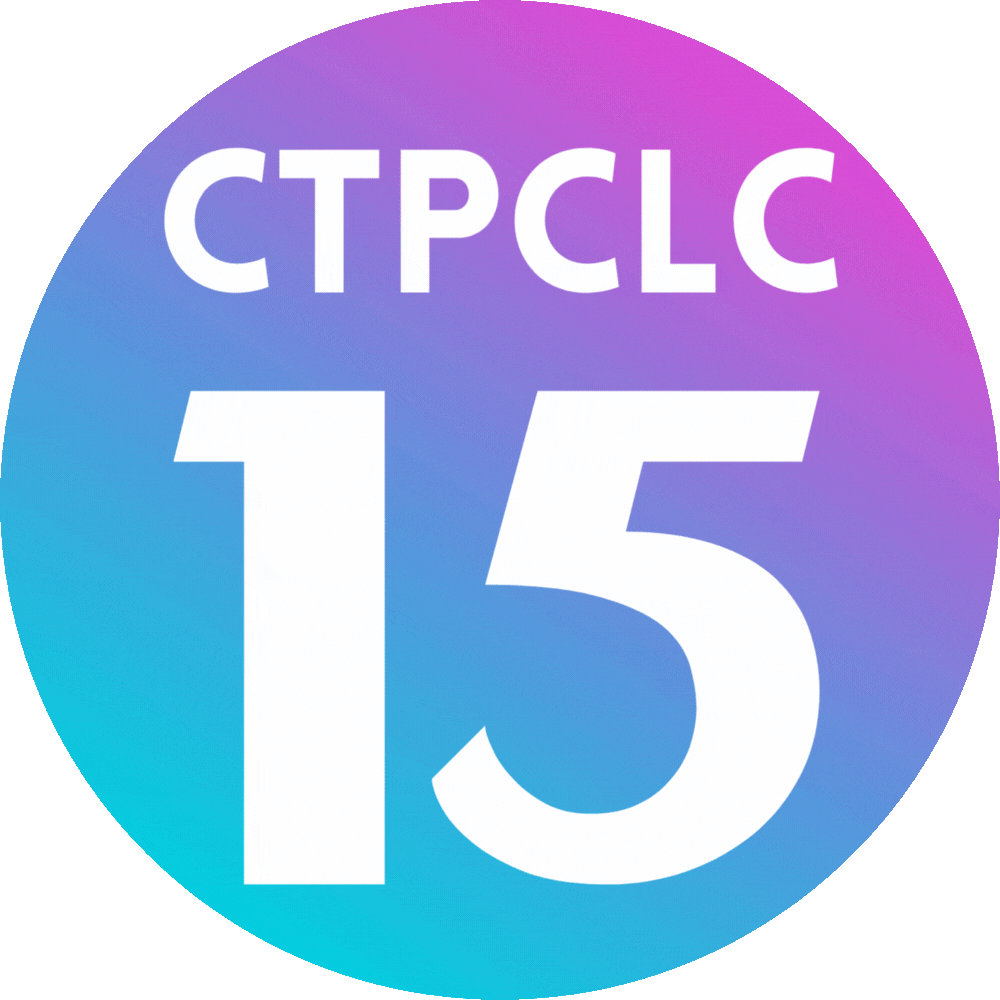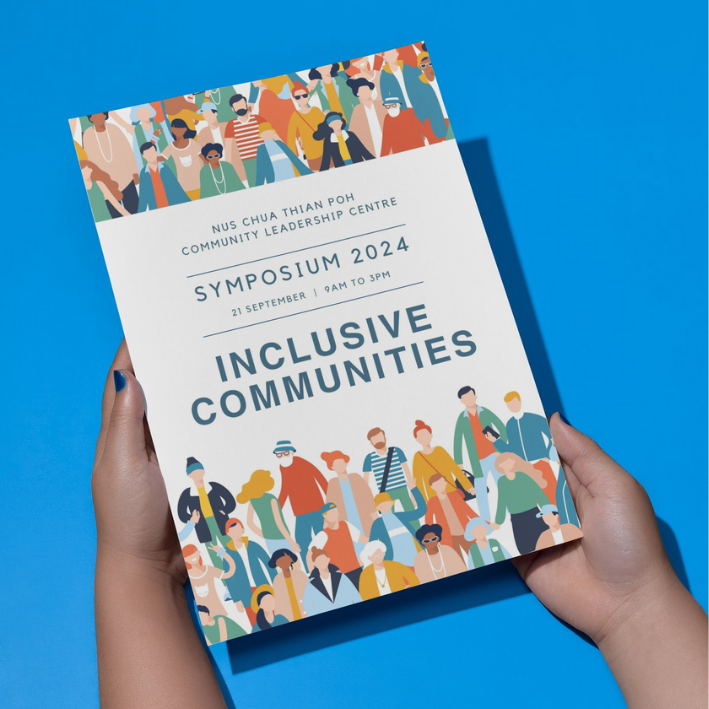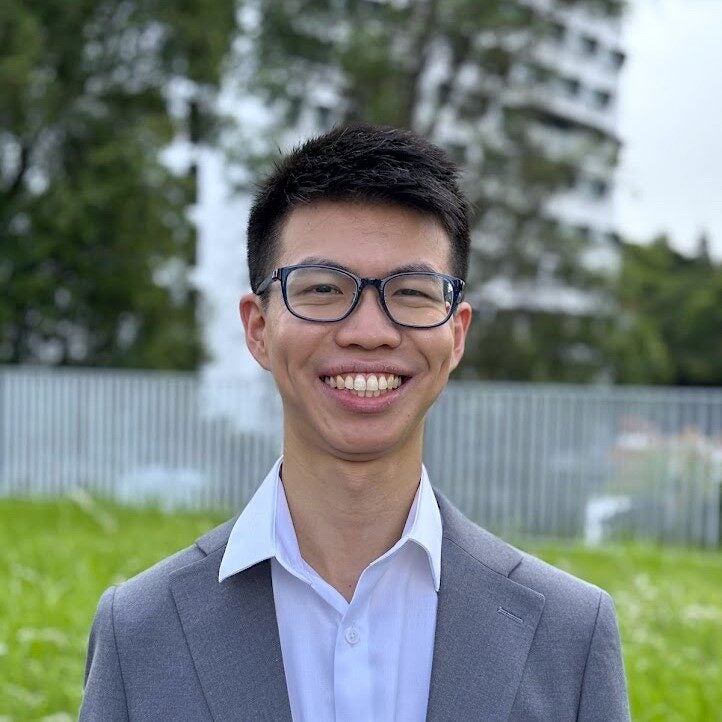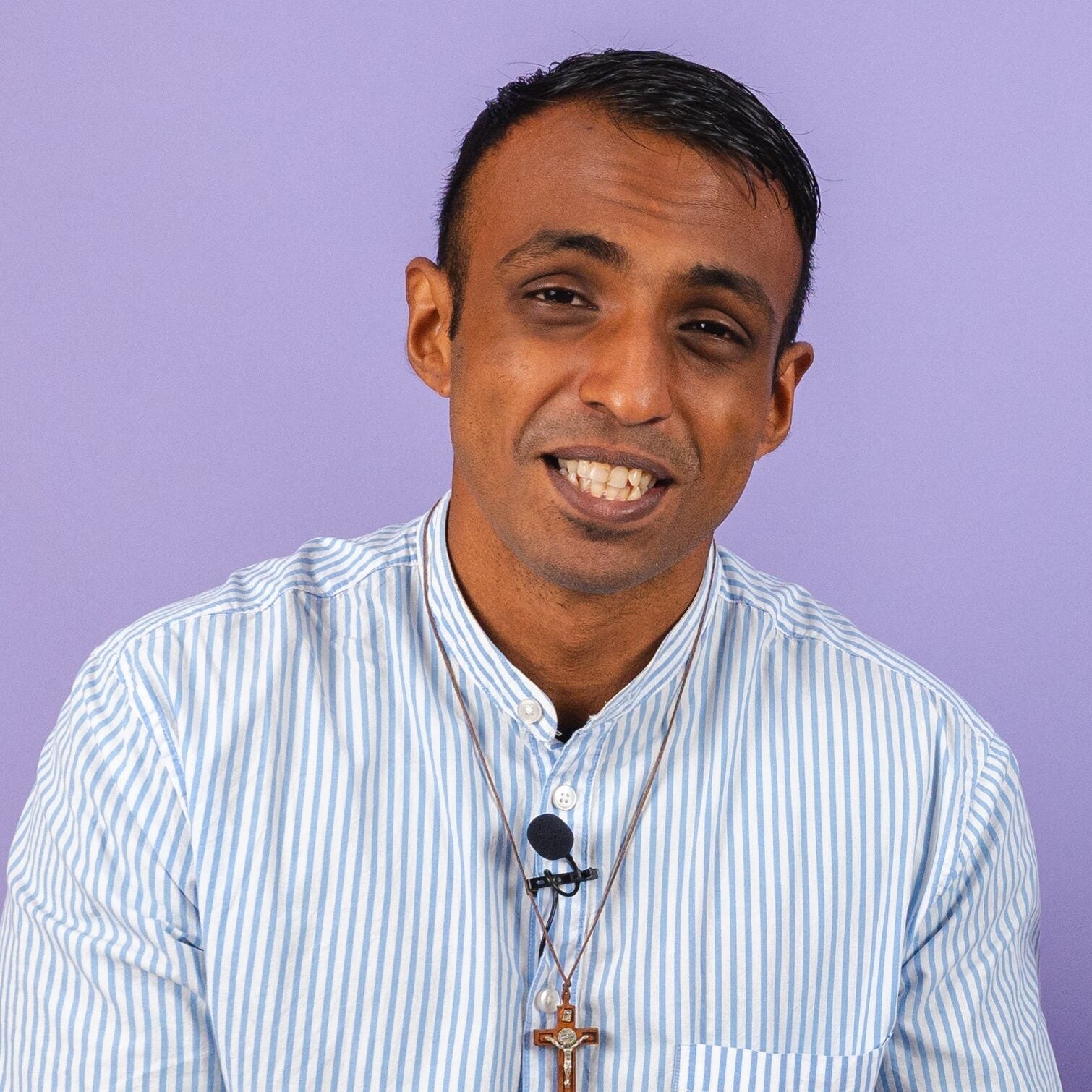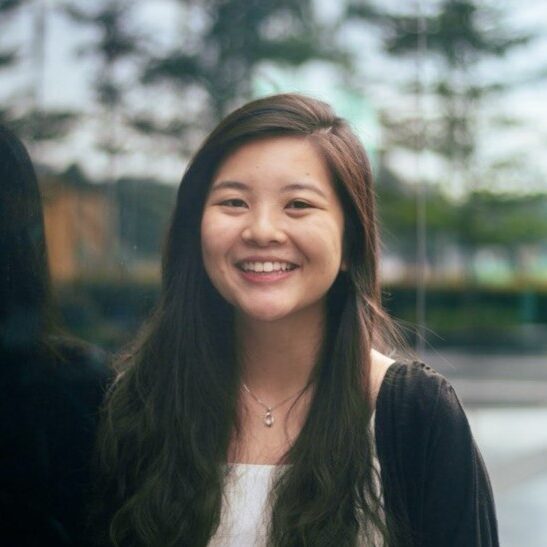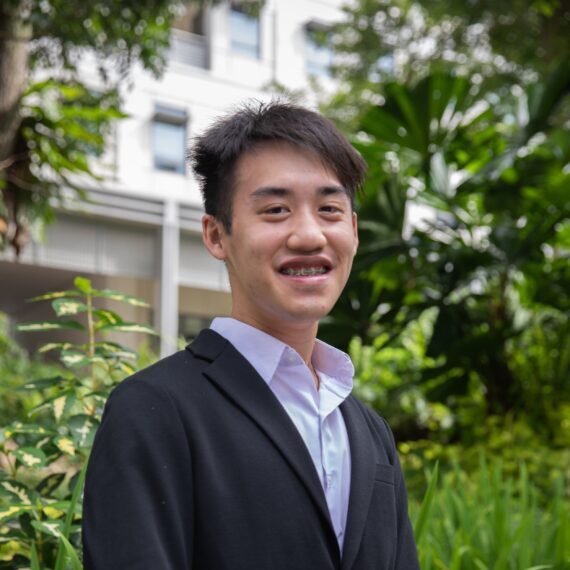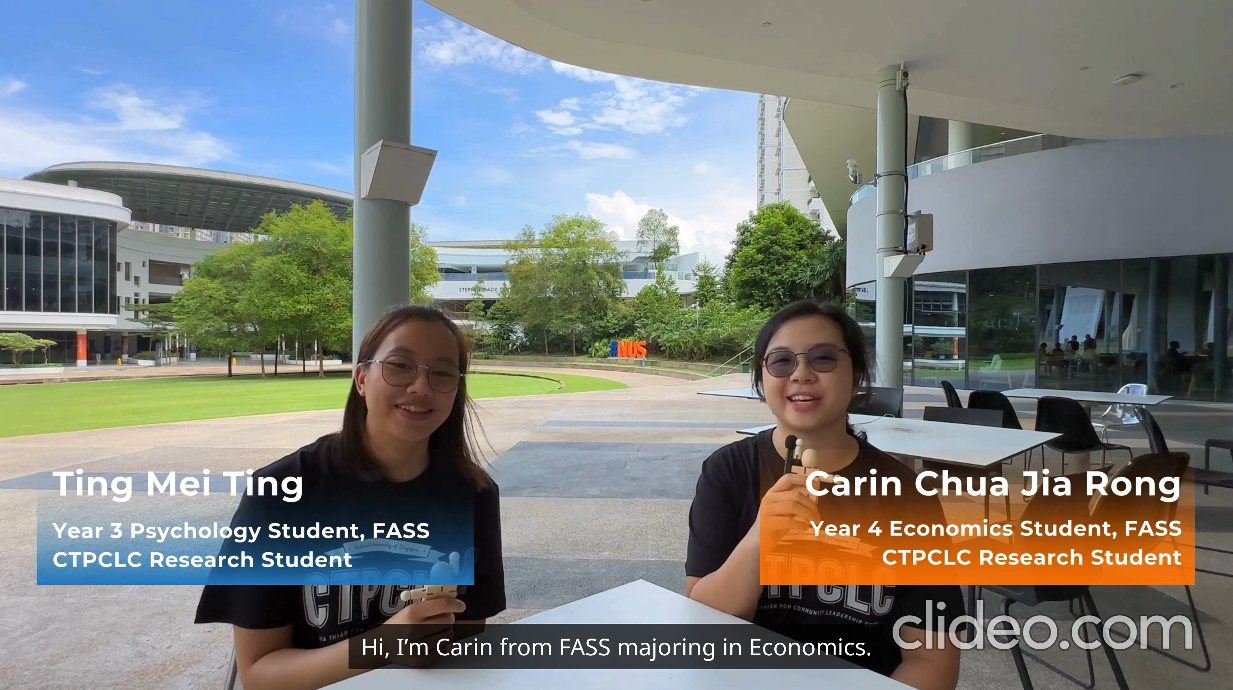Join us at our CTPCLC Symposium 2024. This year, we will showcase a selection of community initiatives and student projects under the theme 'Inclusive Communities'. In addition to CTPCLC students’ project showcase, students from NUS Residential College 4 (RC4) and College of Alice & Peter Tan (CAPT) will also be joining the symposium to share about their STEER Himalaya programme and Capstone experience.
Coinciding with NUS Homecoming, we have invited our esteemed alumni to engage in a lively discourse, where you will hear their diverse stories and reflections since graduation.
Date: 21 September 2024, Saturday
Time: 9am to 3pm (Guests to be seated by 8.40am)
Location: NUS UTown Auditorium 1 (Google Map)
CTPCLC Annual Symposium is where changemakers, community and thought leaders engage on one platform to share their views on community issues, as well as to showcase our students' community development efforts with our partnering social service organisations.
This year, we are honoured to have Mr Desmond Tan, Senior Minister of State, Prime Minister's Office and Deputy Secretary-General of the National Trade Union Congress (NTUC) to grace our event.
Pradnya Govind
Medical Social Worker, Changi General Hospital
(NUS Faculty of Arts & Social Sciences, 2020)
Goh Kher Liang
Manager, Temasek Foundation
(NUS Faculty of Arts & Social Sciences, 2021)
Daniel Lopez
Social Worker, Methodist Welfare Services
(NUS Faculty of Arts & Social Sciences, 2022)
Cheong Ming Fang
Community Development Manager, Ray of Hope
(NUS Faculty of Arts & Social Sciences, 2021)
Willoughby Niki Lee
Founder, TinkerThings Global
(NUS College of Design & Engineering, 2022)
Project Showcase

An Exploratory Study on Hatch’s Immersive+ Programme: Meeting the Needs and Impacting the Life Outcomes for School Dropouts
This qualitative study explores the needs and factors influencing the life outcomes of school dropout youths participating in a digital skills programme run by Hatch, a social enterprise in Singapore. In collaboration with Hatch and under the supervision of Ms. Kuah Ting Ting, CTPCLC students – Ashwin Pandiyan, Goh Keng Swee Darren, Jerome Ong Yi Jie, and Rachel Tee Xin Yi – conducted semi-structured interviews with six youths, alongside a focus group with the programme staff.
Using thematic analysis, the project team identified and discussed the key findings on the youths’ most pressing needs and important factors influencing their life outcomes.
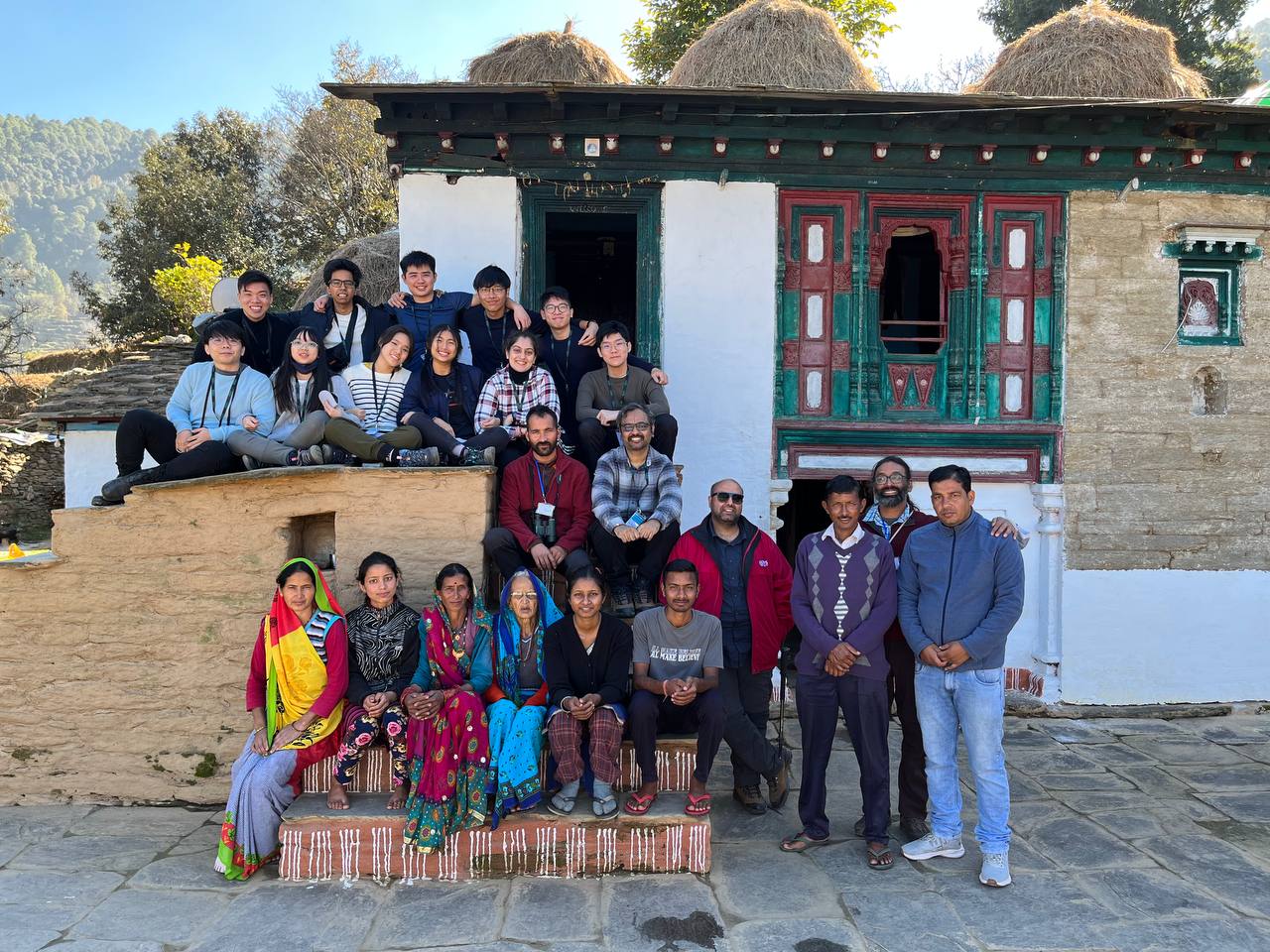
Fieldwork to Enterprise: Mediating Role of Systems Thinking for Community Engagement in the Himalaya
Residential College 4 STEER Himalaya programme, launched in 2019, has evolved over four years from its initial focus on engagement and enrichment. Students began co-creating knowledge with local communities using a participatory systems thinking approach to understand the interdependencies between communities, livelihoods, and nature. This approach helped gaining better clarity on local livelihood issues and community needs. With India's shift towards industrialisation and a service-based economy reducing agricultural income, rural youth are migrating to urban areas for employment. Engaging local stakeholders revealed that youth outmigration could increase farming families' revenue, which could be invested in alternate livelihoods and social enterprises promoting responsible ecotourism.
RC4 students furthered this by creating a social enterprise to connect local tourist guides and home stays through a web-based application. Supervised by Dr Navarun Varma and Dr Naviyn Prabhu Balakrishnan, RC4 students - Noe Noe Su Aung (Nouline), Thangavel Jishnuanandh, Teo De Liang Ryan, Tan Qing Heng, Quek Xiu Juan Caroline and Zitin Bali will present this insightful programme at the Symposium.
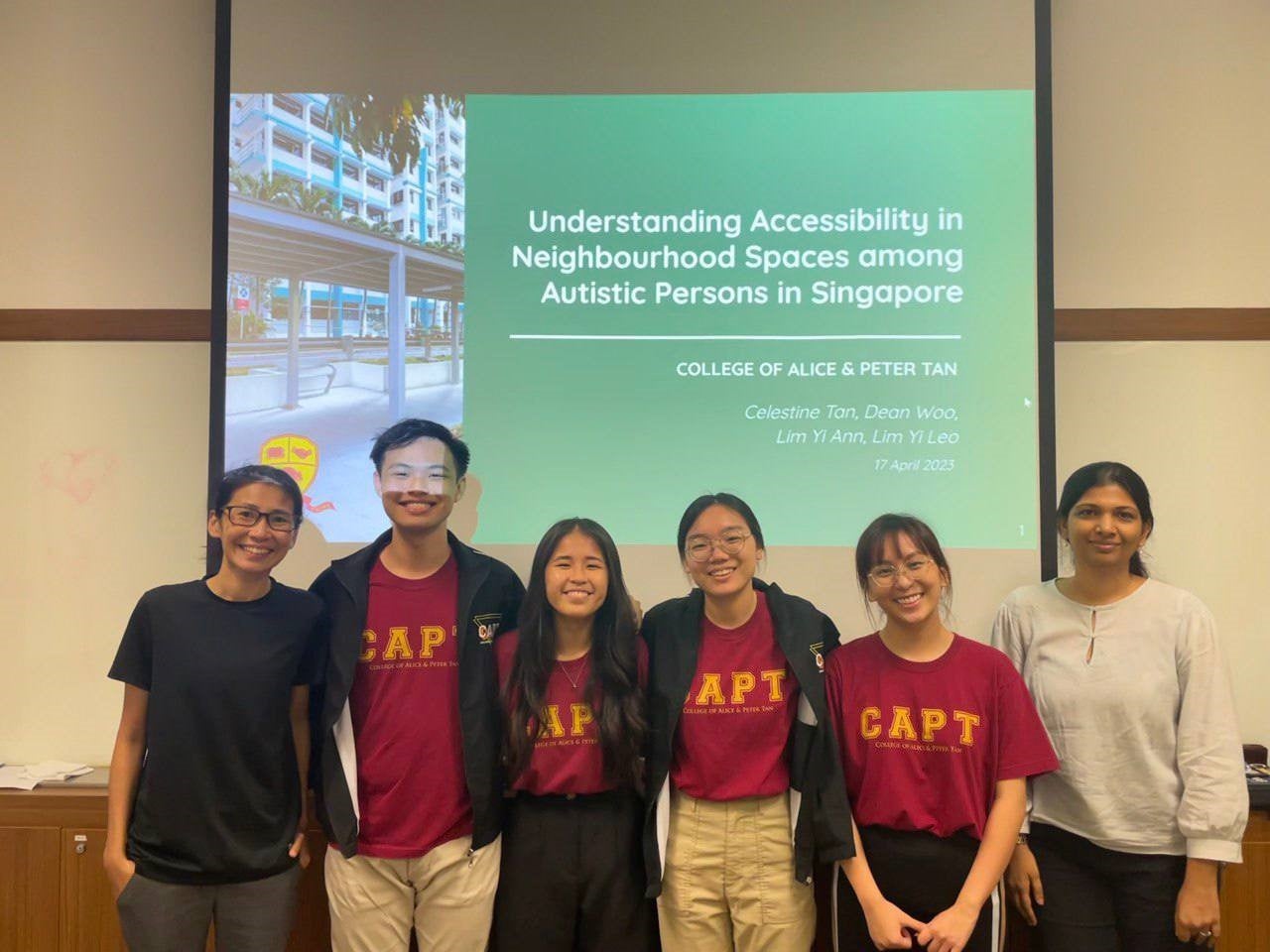
Understanding Accessibility in Neighbourhood Spaces among Autistic Persons in Singapore
This Capstone focuses on understanding accessibility within neighbourhood spaces in Singapore. The main research question the team sought to answer was: How do Autistic residents in Boon Lay negotiate accessibility in their neighbourhood spaces?
Supervised by Dr Lavanya Balachandran and Ms Angie Tan, project team from College of Alice & Peter Tan (Celestine Tan Jing Xuan, Lim Yi Ann, Lim Yi Leo and Dean Woo) conducted semi-structured interviews and participant observation methods to answer this question.
The findings highlight the role of caregiver responsibility, support networks, and social and environmental factors in affecting access for Autistic individuals. These insights aim to guide future community initiatives by the Boon Lay Citizens’ Consultative Committee to better meet the accessibility needs of this community.
No Nation is an Island: Singaporean Weekenders and Home-Seekers in Johor Bahru
Through field observations and qualitative interviews, CTPCLC research students Carin Chua and Ting Mei Ting, together with their Project Supervisor Dr Kevin S.Y. Tan, examine the phenomenon of Singaporeans who travel or live in Johor Bahru.
Based on the narratives emerging through their interviews, two major themes: Expenses and Escape, will be discussed. These findings suggest that while quality of life among Singaporeans have improved in general, there are some who may be doing less well due to a variety of reasons. This may have implications for future policies seeking to ensure greater economic and social inclusivity in Singapore, as it intersects with growing concerns regarding the mental well-being of Singaporeans.


